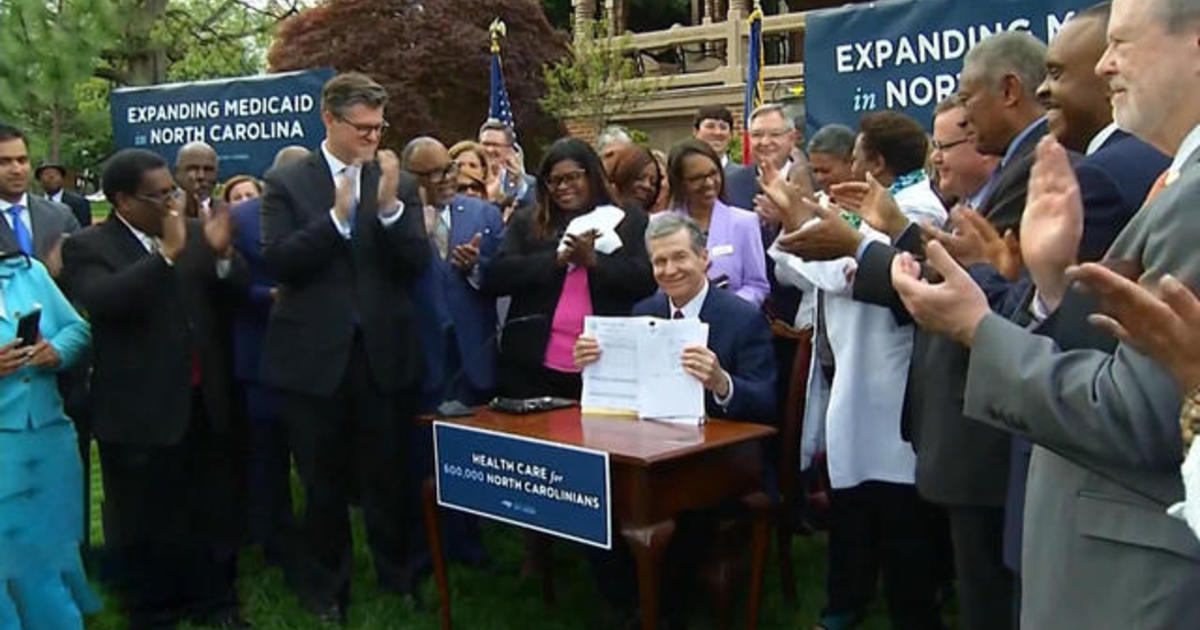Partisan gridlock in Congress is a significant issue that often prevents progress on key issues such as the budget and border security. However, in many statehouses across the country, lawmakers are demonstrating the benefits of bipartisan cooperation. By setting aside their differences and reaching across the aisle, state legislators are able to work together to find solutions to important issues.
One example of successful bipartisan efforts at the state level can be seen in Illinois, where lawmakers recently passed a bill to legalize marijuana. Despite significant political differences, both Democrats and Republicans came together to support the legislation, recognizing the potential benefits of legalizing cannabis for both medical and recreational use. This bipartisan cooperation allowed Illinois to become the 11th state to legalize marijuana, demonstrating the positive outcomes that can result from working together.
In contrast to the gridlock in Congress, state legislatures are often able to achieve bipartisan success by focusing on issues that directly impact their constituents. For example, in Ohio, lawmakers from both parties worked together to pass a bill aimed at reducing the state’s infant mortality rate. By prioritizing the health and well-being of Ohio’s most vulnerable residents, legislators were able to overcome partisan divides and make meaningful progress on an important public health issue.
Bipartisan efforts at the state level also extend to education policy, with lawmakers in states like Colorado and Tennessee working together to improve their public school systems. By collaborating across party lines, legislators are able to address the complex challenges facing their education systems and implement reforms that benefit students, teachers, and parents alike. These bipartisan initiatives demonstrate the positive impact that can be achieved when lawmakers prioritize the needs of their constituents over partisan politics.
Overall, the contrast between partisan gridlock in Congress and bipartisan cooperation in state legislatures highlights the importance of putting aside political differences to work towards common goals. By focusing on issues that directly impact their communities, state lawmakers are able to find common ground and make progress on important issues such as healthcare, education, and criminal justice reform. As the political landscape continues to evolve, it is clear that bipartisan efforts at the state level play a crucial role in driving positive change and improving the lives of all Americans.









